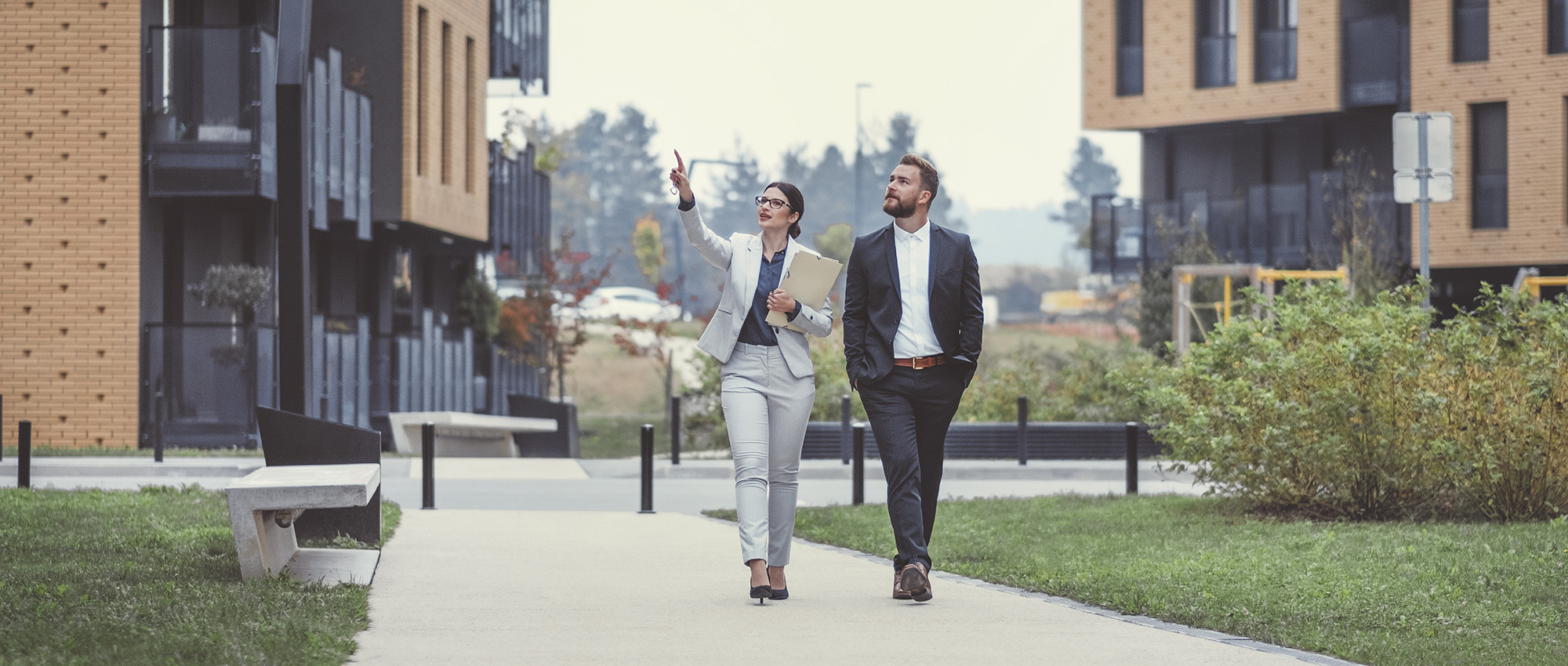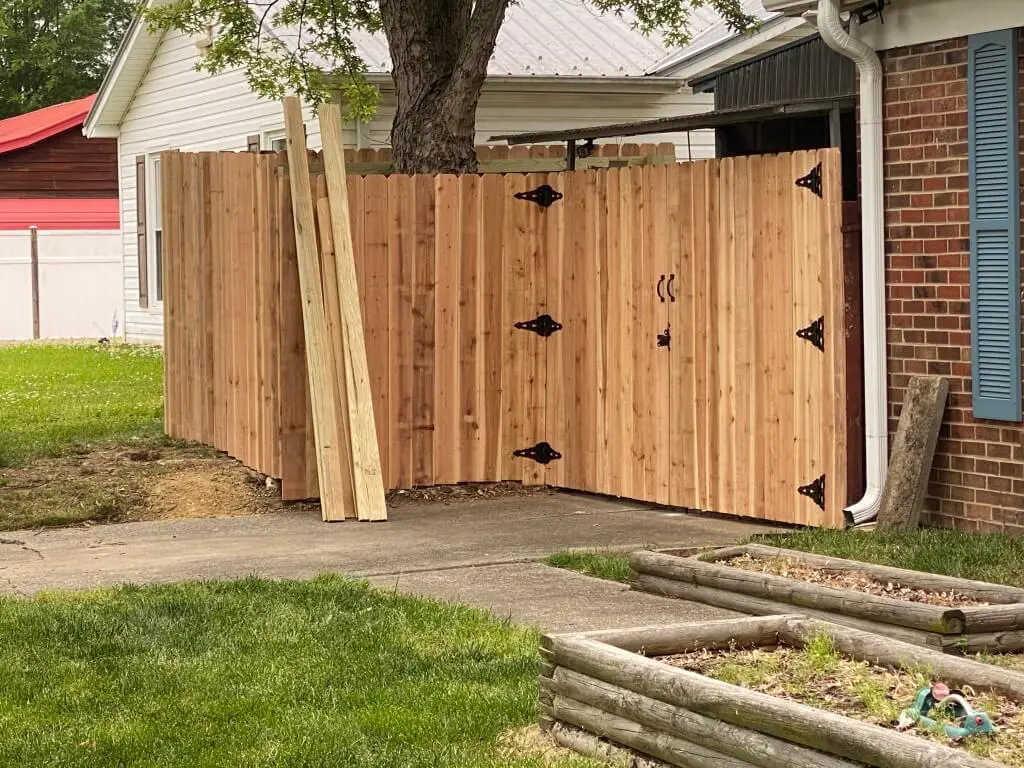
Teen therapy is essential for addressing the unique challenges adolescents face, such as academic pressure, social dynamics, and mental health issues. In Idaho, the landscape offers a blend of urban and rural settings, necessitating tailored approaches for effective therapy. Here are some tips to ensure effective Idaho teen therapy:
1. Find the Right Therapist
The first step is to find a therapist who specializes in adolescent issues and understands the local context of Idaho. Look for therapists with experience in dealing with issues common among teens, such as anxiety, depression, and substance abuse. Personal rapport and trust are crucial, so involve your teen in the selection process to ensure they feel comfortable and connected with the therapist.
2. Create a Safe and Comfortable Environment
Idaho teen therapy requires a safe and non-judgmental environment. Therapists should foster a space where teens feel heard and respected. In Idaho, the natural surroundings can be leveraged to create a calming atmosphere. Incorporating outdoor therapy sessions or nature-based activities can help teens feel more at ease and open more freely.

3. Incorporate Family Involvement
Family dynamics play a significant role in a teen’s life. Effective therapy often involves family members to address broader issues and improve communication within the household. Family therapy sessions can help resolve conflicts, build stronger relationships, and provide a support system for the teen outside of therapy.
4. Focus on Building Resilience
Therapy should aim to build resilience and coping skills in teens. This includes teaching stress management techniques, problem-solving skills, and emotional regulation. Activities such as mindfulness exercises, journaling, and physical activity can be integrated into therapy to help teens develop healthy coping mechanisms.
5. Utilize Technology Appropriately
In today’s digital age, incorporating technology into therapy can be beneficial. Many teens are comfortable with digital communication, and teletherapy can provide a flexible option for those in remote areas of Idaho. Additionally, using apps for mental health tracking and mindfulness can complement traditional therapy methods.
6. Cultural Sensitivity
Idaho has a diverse population, including various cultural and socioeconomic backgrounds. Therapists should be culturally sensitive and aware of the specific challenges faced by different communities. This understanding can help in creating more personalized and effective therapy plans.
7. Encourage Participation in Community Activities
Encouraging teens to engage in community activities can be beneficial. Idaho offers numerous outdoor activities, sports, and volunteer opportunities that can help teens build social skills, self-esteem, and a sense of belonging.






